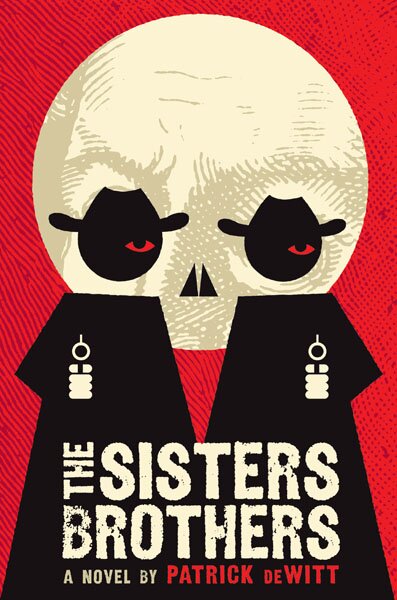It would generally be a mundane weekday afternoon, but I’m more nervous than usual. I’m getting ready to take a break after approaching my ninth hour on the clock at my day job, and there’s so much I want to talk to Sara Benincasa about. I have been a fan of the comedian/writer/actor/former Sarah Palin impersonator/current hilarious person to follow on Twitter at least since I read her “Barry Can You Hear Me” column on Wonkette. And earlier this week, she wrote a great article for Playboy about discovering “The Simpsons” in its beginning-to-end marathon on FXX going on right now. And her short essay “Real Artists Have Day Jobs” feels like it should be everyone’s own personal pep talk.
She’ll be in town this weekend for two big events, as part of her This Tour Is So Gay tour. (Full disclosure, I contributed to its Kickstarter campaign.) First, she’ll be at Bumbershoot, taking part in the Literary Death Match (Saturday, 1:45pm on the Words and Ideas Stage) and then with a reading at University Book Store with local comedian Derek Sheen on Saturday at 5pm:
We can't wait for August 30 when @SaraJBenincasa visits our UDistrict store! Event starts at 5. Save the date! #Great pic.twitter.com/Py7xTZ1ytv
— University BookStore (@ubookstorereads) August 19, 2014
I spoke with Sara Benincasa by phone to find out what exactly she’ll be doing in Seattle (and after that).
Let me ask first, how is your tour going?
The tour is going really well! The tour is called This Tour is So Gay, and it was supposed to hit fifteen cities, but now it’ll hit seventeen cities in the United States and Canada. It’ll involve me doing a book and/or comedy event in every city. Then in each city, I’ll either do direct service with, or make a donation to, or do a fundraiser for an LGBTQ organization.
Here in Los Angeles, I made a donation to the Los Angeles Gay and Lesbian Center; in Denver, I made a donation to a place called The Center. In Indianapolis, I made a donation to the Indiana Youth Group, which does really wonderful work out there. It’s very exciting, and I’m headed to Seattle this weekend. I’ve never been to Seattle, so I’m psyched!
I know you’re doing a reading at University Bookstore on Saturday, plus earlier in the day, you’re at Bumbershoot. Can you talk about that?
I’m really excited about doing Literary Death Match. It’s a ton of fun.
Literary Death Match is sort of like a boxing match, but for literary dorks. You have three expert judges of note and then you generally have four competitors. Out of the four competitors, two finalists are selected. The two finalists go head-to-head in really goofy ways, like playing Pin the Tail on the Hemingway. It’s always ridiculous fun. I’ve done it a few times. The last time, we were at the Hammer Museum in Los Angeles. We had 500 people, overflow seating in the courtyard and a separate theater. It was just fantastic. I didn’t win, but had a great time.
Do you know who you’re competing against on Saturday?
I know I’ll be against Rachel Shukert, who is very, very funny. She’s a funny, sexy, smart, great lady. I’m looking forward to an excuse just to hang out with her.
What about your University Bookstore reading?
The reading I’ll be doing will include me telling stories, reading from my book, plus Derek Sheen telling stories about awkward adolescence. I’m really excited about that.
Derek Sheen is also very funny. I’ve seen him a few times and he always makes everyone laugh.
He’s great. I’ve never actually met him, but I’ve seen his stuff online. A few people recommended him to me as being so funny and great. I knew who he was anyway, but wondered if he would help me out by hanging out at the bookstore and telling some stories, and he was down for it. I feel very lucky that he’s going to be there.
What’s going on with your tour after this weekend?
After I leave Seattle, I’m on break from the tour for the entire month of September because I’m writing a book. I really need to get that done. In October, I’m going to Asheville, NC, Greensboro, NC, and Chicago, IL.
Last question I’ll ask. You said that this is your first time in Seattle, so it’ll be most people’s first time seeing you perform, either at Bumbershoot, or at the University Bookstore. Is there anything you want people to specifically take away from your events?
I want people to laugh their asses off! I want them to have a great time. I want people to go home and do their art, whether it’s writing, or it’s something visual like painting, or dancing, or their art is making really excellent food for their family. I want people to come out and get excited and feel motivated to do whatever their dream is. That’s what I did and I feel so lucky and grateful to be a full time writer now.
